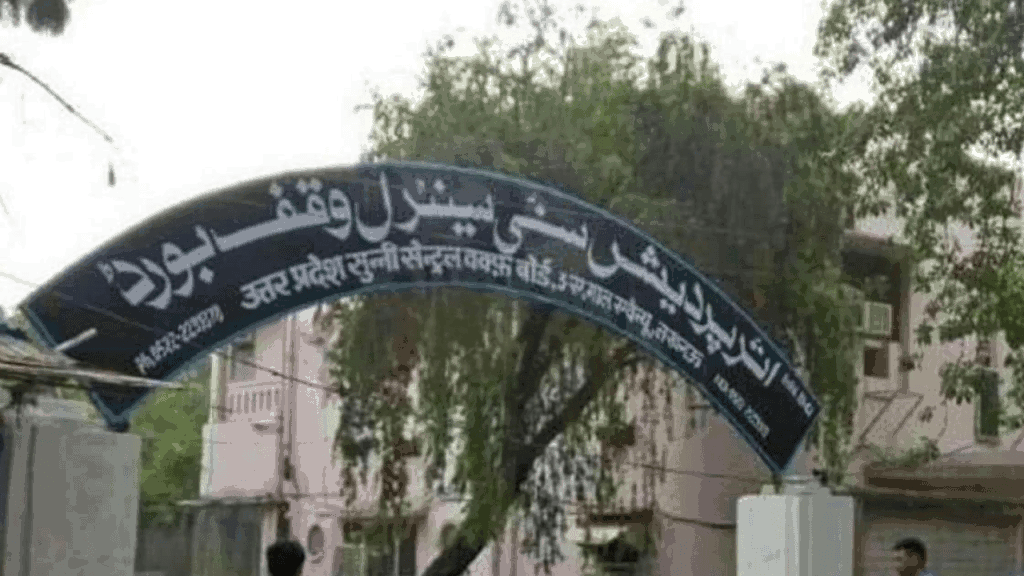The Indian government is preparing to introduce a Bill in Parliament to amend the 1995 Waqf Act, causing a significant uproar among opposition leaders and the Muslim community in India.
The proposed Waqf (Amendment) Bill includes around 40 amendments aimed at bringing extensive changes to the current Act, including renaming it as the Unified Waqf Management, Empowerment, Efficiency, and Development Act, 1995.
Key changes proposed in the bill involve mandatory verification for all property claims by Waqf Boards, which critics argue will strip state Waqf Boards of their extensive rights to claim properties, often without adequate verification.
The proposed amendments also plan to involve district magistrates in the monitoring of Waqf properties, which has been a contentious point.
The bill suggests removing Section 40, which grants the board the authority to decide if a property is Waqf property.
Additionally, it proposes revisions to Sections 9 and 14 to alter the composition and functioning of Waqf Boards, ensuring increased representation for women and non-Muslims, and establishing a more diverse Central Waqf Council and State Waqf Boards.
In response to these proposed changes, the All India Muslim Personal Law Board (AIMPLB) has expressed strong opposition, arguing that any alterations making Waqf properties easier to usurp will not be accepted.
They emphasize that Waqf properties are dedicated donations for religious and charitable purposes, and changes to their status or management are unacceptable.
The bill also proposes the establishment of a separate Board of Auqaf for Bohras and Aghakhanis, with representation from Shias, Sunnis, Bohras, Agakhanis, and other backward classes among Muslim communities.
It aims to streamline the registration of Waqfs through a central portal and database, and establish a detailed procedure for mutation as per revenue laws, with due notice to all concerned before recording any property as Waqf property.
The 1995 Waqf Act was initially introduced to regulate ‘auqaf’ (assets donated and notified as Waqf) by a ‘wakif’ (the person dedicating the property for any purpose recognized by Muslim law as religious or charitable).
The Act was last amended in 2013 under the UPA government, expanding the powers of Waqf Boards, which has since been contentious.
